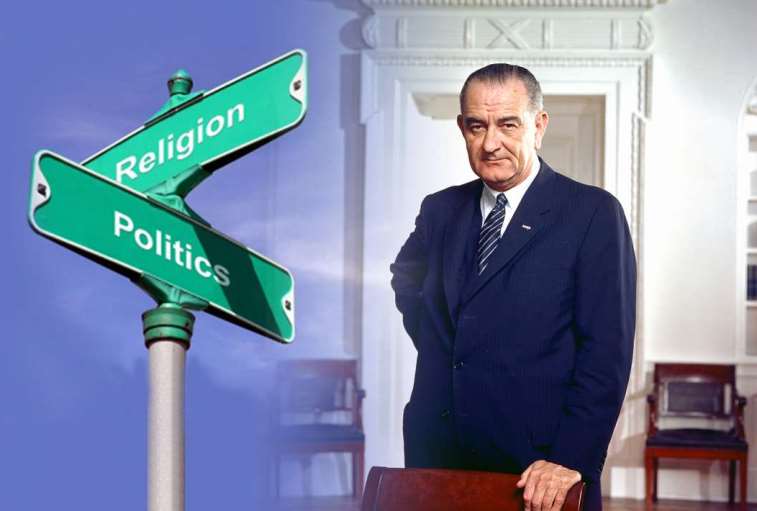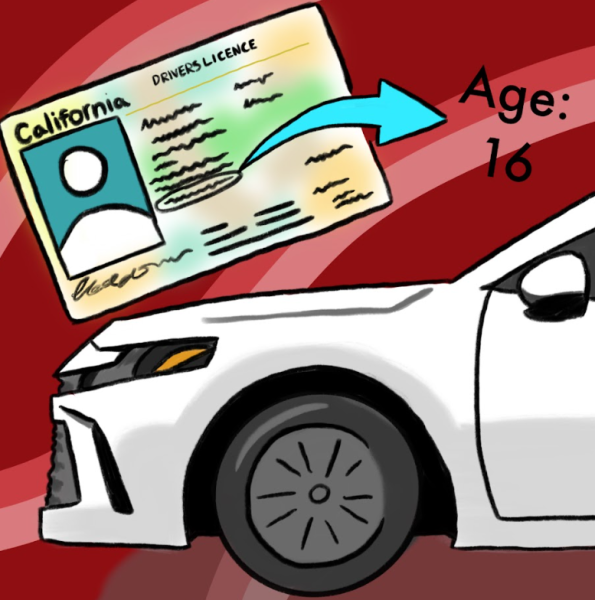Should the Church Have Say in Politics?
Picture by davidfiozaro.com
With almost a month passed since his inauguration day, President Trump has taken many steps in the opposite direction from Obama; one of these decisions is his desire to repeal the Johnson amendment.
Passed in 1954, the Johnson amendment prevents tax-exempt organizations (such as churches) from endorsing or opposing political candidates. According to several sources including the New York Times, usnews.com, and Johnson City Press, Trump vowed to ‘destroy’ the Johnson Amendment. Although our president feels the need to erase the Johnson Amendment, it should not be repealed.
The Alliance Defending Freedom claimed the Johnson Amendment breaks the First Amendment. However, this is simply not true. President Trump said, “I think maybe that will be my greatest contribution to Christianity — and other religions — is to allow you, when you talk religious liberty, to go and speak openly, and if you like somebody or want somebody to represent you, you should have the right to do it.” Trump makes a good point here, referencing the freedom of speech in the First Amendment.
If Americans truly have the freedom of speech, every American should be allowed to speak openly. And that is what everyone gets, just not through tax-exempt organizations. Although churches and other organizations cannot state their support of a specific political candidate, there is nothing stopping the members and leaders of the organizations from voicing their personal opinions. So, in reality, the Johnson Amendment does not violate the First Amendment.
One of the main goals of the Johnson Amendment is to create a separation between politics and religion/charity, and repealing it would allow tax-exempt organizations (mainly run on donations) to financially support political candidates. Money is the hidden factor why many think the Johnson Amendment should be repealed. According to npr.com, “Religious organizations could become bigger money players in politics.” This is if the Johnson Amendment were to be repealed.
The distinction between politics and religion must be maintained. As previously stated, the First Amendment argument is easily proven wrong, revealing the hidden reason of money. Donations to charity and religious organizations should not be for politics and political power; it should be for the purpose of the organization. I am not saying that all churches and other tax-exempt organizations that are run on donations will spend money on a political candidate, but repealing the Johnson Amendment would allow them to. And no matter the circumstance, donations and charitable/religious funding should never be introduced into politics.
The Johnson Amendment does not break the First Amendment; it is the influence of money that is driving the argument to repeal the amendment. Tax-exempt organizations get their tax-free benefits to sustain themselves, not to have political influence.

My Name is Nikil. My favorite hill is Nick Hill. My favorite kill is nigh kill. My favorite ill is nik ill. My favorite L is niki L. My favorite...








